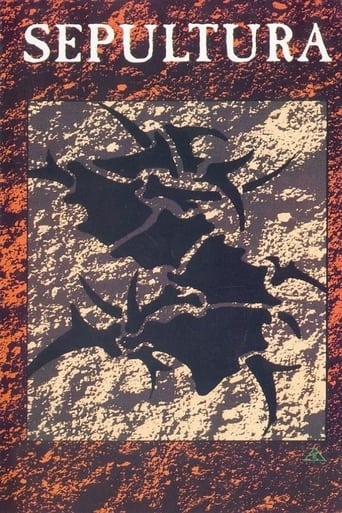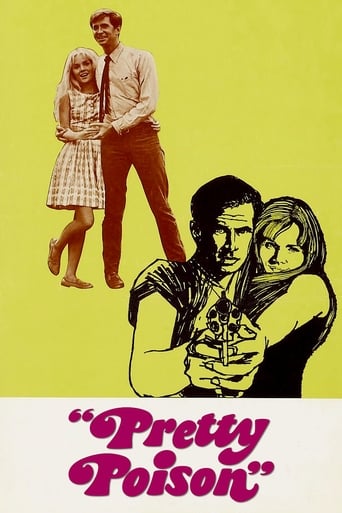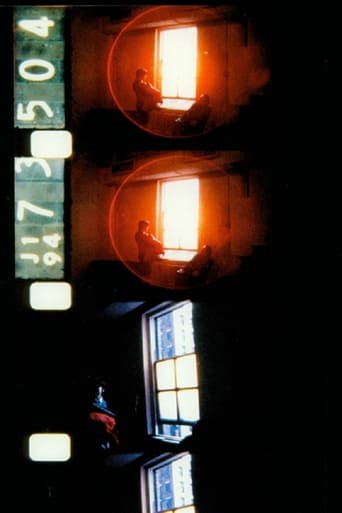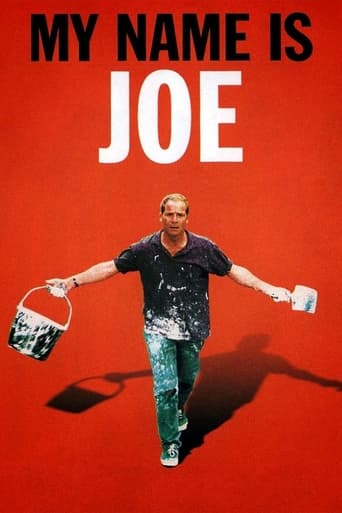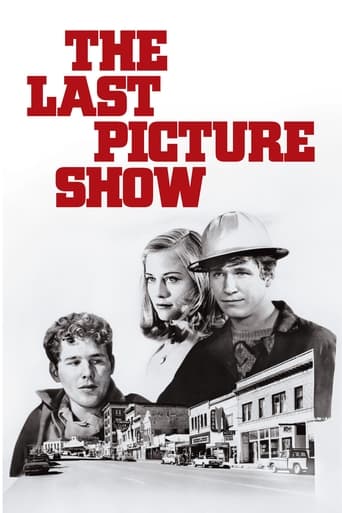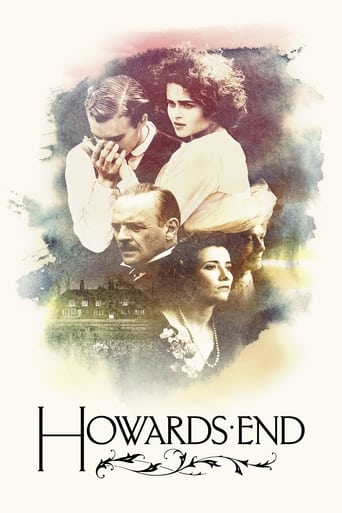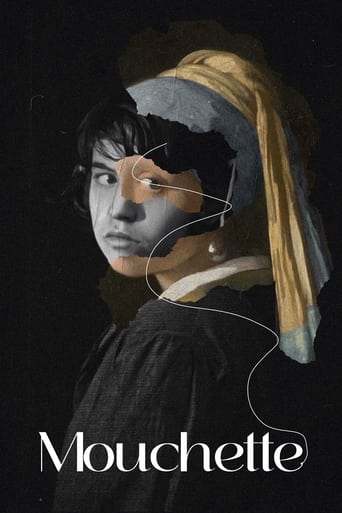


Mouchette
A young girl living in the French countryside suffers constant indignities at the hand of alcoholism and her fellow man.
-
- Cast:
- Nadine Nortier , Marie Cardinal , Paul Hébert , Marie Susini


Similar titles
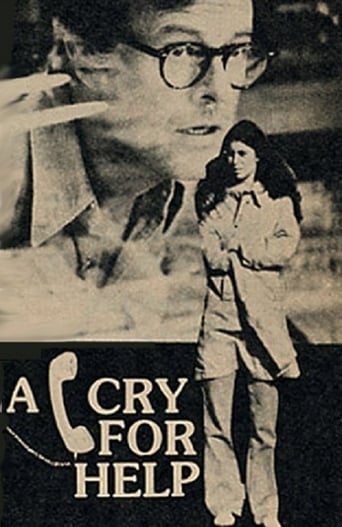
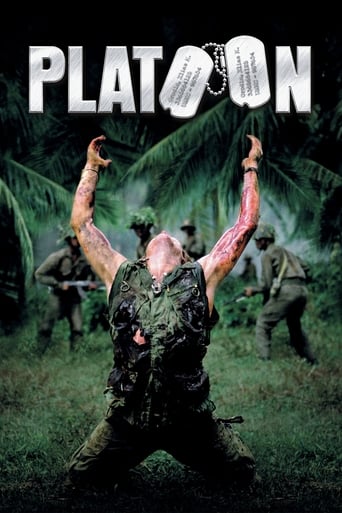

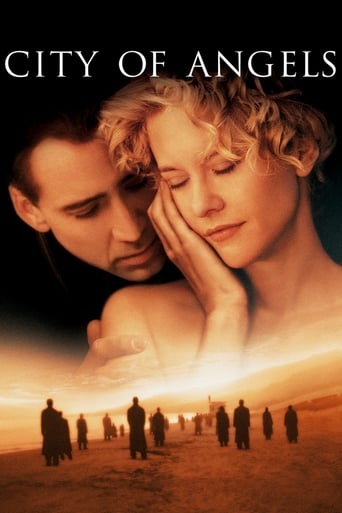
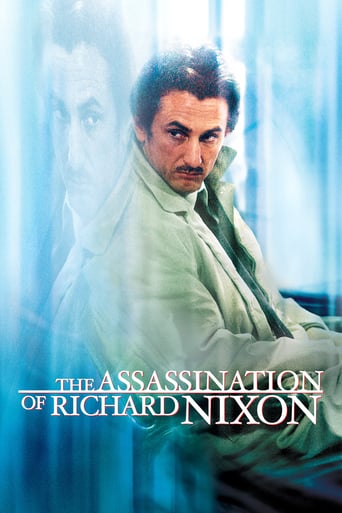
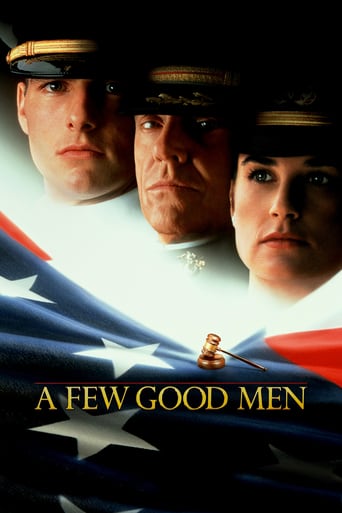


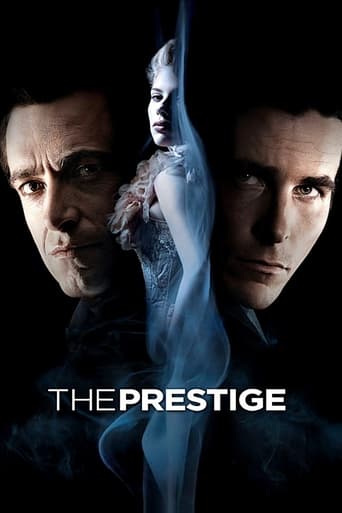
Reviews
What a waste of my time!!!
recommended
It's an amazing and heartbreaking story.
I didn’t really have many expectations going into the movie (good or bad), but I actually really enjoyed it. I really liked the characters and the banter between them.
Sixteen years after having successfully exploited Georges Bernanos' universe for his "Journal d'Un Curé De Campagne" (1951), Robert Bresson appropriates once again another book by the French writer: "Mouchette" for a very personal, stylish rendering and a canonical film about stolen childhood. The filmmaker always supported that he'd prefer a film to be felt rather than to be understood. Needless to say we leave the projection with a big emotion inside us and we also feel helpless about Mouchette' terrible life. According to Bresson, Mouchette's tragic fate enabled him to put forward "misery, cruelty. They're everywhere: wars, tortures, murders".The film starts with Arsène's and the gamekeeper's eyes staring at quails and partridges that desperately try to free themselves from snares. This harrowing introduction sequence sets the scene for what follows after wards. How not to think of a metaphor for Mouchette's life that offers her no horizon and no hope? This teenage girl is all alone and in spite of her young age, she has to take care of her sick mother, her alcoholic father and her baby brother. She goes to school but feels rejected by her female fellow students, notably when school's over, they stone her. It's the same thing every day and Mouchette is trapped in her loneliness. That's why the sequence at the fair comes as a sort of relief for her. The scene at the bumper cars provides her momentary solace and joy. Then, the key sequence with Arsène will make her open her eyes about what she really wants. In spite of her poverty and solitude, Mouchette needs to love but where to find it in a hostile world?Mouchette strongly belongs to the Bressonian world. She's an outcast and she can't integrate herself to her surrounding. Once again, Bresson underscores the opposition between a pure, subjective person and an objective, hostile world in a sparse, minimal directing with a supremacy granted to images and sounds and the evident symbols they convey. An eloquent example would be when the little girl is all alone in the country and can hear the sound of guns and can see rabbits running or dying. She hasn't got a friend or even one member of her family to talk to. When she wants to tell her mother what Arsène did to her, she dies. Fate dogs her. There's no room for the weak and there's one last exit left... Bresson's austere, intensely visual making fits the story and its themes like a glove and if you don't feel anything during the last sequence, you have a heart of stone.
'Mouchette' is a film shot simplistically and delicately, which captures the angst and despair of a 14 year old girl.The opening sequence entails the capture of a bird in a poachers trap; we witness long length shots and intense close-ups of a gamekeeper spying on the poacher. Only natural sounds of footsteps and rustling trees are audible. Instantly, we could argue this unpleasant image of the trapped bird, parallels the entrapment of Mouchette in her abandoned life. Interestingly the poacher in these scenes, Arsene, later traps Mouchette in luring her into a false sense of security, reinforcing his role as a poacher.From the beginning, Bresson's attention to realistic natural diegetic sounds emulates Mouchette's destitute, impoverished lifestyle. This technique also enables the audience to focus primarily on the visuals. Dialogue is dispersed through the film and appears in only brief quantities. The raw stark shots of Mouchette's struggle, for example, tending to her mother, sitting alone in the forest and walking home alone after school contrast with the brief moment at the funfair in which she evades the reality of her life. I could not help but differentiate these busy, active shots, accompanied by an upbeat diegetic soundtrack and close-ups of Mouchette's happiness from her solidarity before and after this sequence. This moment, the only point where we see her physically and emotionally content, is taken from her suddenly and becomes one of our first reflections on our sympathy for her. Added to this are the recurring medium close-ups of Mouchette's frown, which I found prominent when reflecting on the film.I think many people who have seen 'Mouchette' will note that although the closing sequence is sudden and perhaps bleak, you cannot help feeling a sense of catharsis due to the ending of Mouchette's suffering.
Just like I remembered. The face of Nadine Nortier has not changed. The unbelievable "Mouchette" in this unforgettable Robert Bresson masterpiece. I hadn't seen the film since I was a teen ager. I saw it again last night and as if by magic it felt more contemporary today than it did then and then, let me tell you, it felt pretty real in its own rigorous lyrical style. What a shockingly wonderful effect a film like this could have on teen agers today. To stay with a character who takes us with nothing more than her naked truth through a landscape of absolute desolation. Her innocence intact, in spite of the outrage. Her ultimate act as breathtaking as anything we have ever seen on the screen, before or since. I tried to show the film to a group of twentysomethings, all of them walked away within the first fifteen minutes. All except one, a boy of 21, he had escaped Bosnia with his brother a few short years ago. As the film ended I looked at him. He was silent. He spoke without looking at me "can I see it again?" That's at the center of the experience that provides this film. "Mouchette" is meant for everyone, but it'll touch only some.
Sublime film from Robert Bresson!Actually it was my first encounter with Bresson's work, five or six weeks ago. I was so eager to see it...Bresson's films ("Mouchette" and "Au hasard Balthazar") haven't disappointed me- to see the least!"Mouchette" is such a pure film, so sublime. So powerful. When I saw this film, it really blew me away totally. So overwhelming. But now, weeks after that experience (I saw that films more than once, btw) it's still beginning to gain more power and emotion."Mouchette" has such overwhelming, graceful, brilliant images, shots and scenes. The opening scene may be the best ever: brilliant and pure, it tells everything you will see in the next hour and twenty minutes. The use of the music, sublime sounds of Monteverdi, is unique, powerful and brilliant. No more than- what is it?- ten seconds or so it can be heard. The opening scene is so short...That's the power of Bresson: images, sounds, scenes are presented in such a brilliant way. When we are beginning to be attached to them, other images and shots are already presented. As a viewer, you can't really be attached totally by them. That's way these images, shots, scenes will be in your mind long after the film: all things, all scenes and situations, and especially all emotions (if they are shown at all) are shown in actually too short a time, that you, as a viewer, will be forced to "finish" them. You are forced to locate the emotions not shown, to locate the situations and details which are only suggestively shown. Bresson's editing is just brilliant, bt it may take some time before you are aware of that.Some of the most brilliant scenes ever are presented here: Mouchette, forced to go into church by her father; Mouchette's brilliantly and superbly simple introduction to the viewer. Most notable for me, besides the ending scene of course, is the scene with Mouchette in the dodgem cars, having her only small feelings of joy and relieve. The expressions and emotions shown in this really magnificent scene, maybe the best and most emotional I've ever witnessed, are to diverse to even describe them. Just watch this scene...Nadine Nortier, playing Mouchette, blew me away with her magnificent acting. So pure, sublime, graceful and heartfelt. One of the most striking peaces of "acting" I've ever seen...!This superb film will be in my mind for ever, just like "Au hasard Balthazar". Nobody, not even the best like Dreyer, Ozu, Bergman and Tarkovsky, can present stories, images and "emotions" in such a superbly simple, transcendental and pure way as Bresson.Masterpiece!

